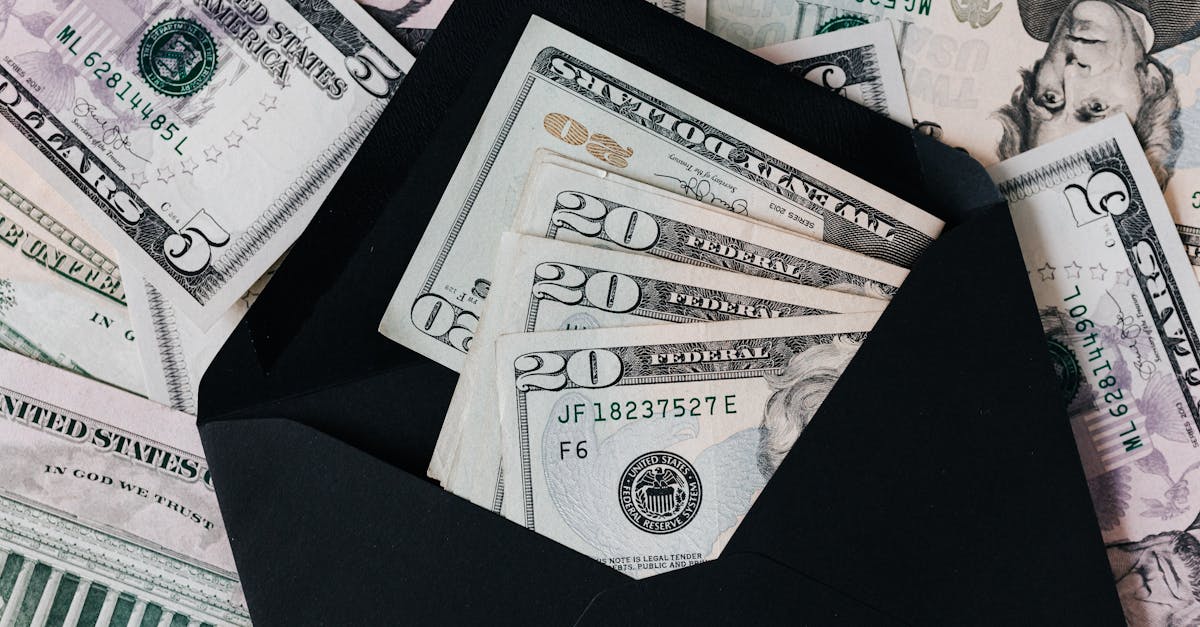Why Teach Kids About Currency Conversion?
Currency conversion may sound like a big topic for kids, but it can be a lot of fun! Understanding money and how it works around the world helps kids become smart savers. When kids learn about different currencies, it opens up a world of geography and cultures. Importantly, it makes them comfortable handling their own money in various currencies.
To make learning fun, try to relate currency concepts to things kids already enjoy. Start with their allowance or pocket money, and talk about how that might change in different countries.

Fun Games to Teach Currency Conversion
Games are a great way to teach kids about money conversion. Here are some fun game ideas:
- Board Game: Create a board game where kids earn different currencies and have to convert them to win.
- Scavenger Hunt: Organize a scavenger hunt with “treasure” in various currencies.
- Quiz Show: Host a quiz show with questions about different countries and their currencies.
These activities make learning interactive and enjoyable. By incorporating play money and real coins, you can make the experience more tangible and exciting for children.

Using Everyday Activities
Everyday activities offer perfect opportunities to talk about currency conversion. At the grocery store, point out how different products may come from different countries. Use a world map and mark where each product is from and discuss the currency used there. When you travel, show your kids how to convert your home currency to the local currency. Even if you are not traveling, you can do a “pretend trip” and practice converting your money. These activities help demystify the concept and make it relevant to their lives.

Making a Mini Bank
Creating a mini bank at home is both fun and educational. Use jars or envelopes for different currencies. Give kids a starting amount in their ‘home’ currency and let them ‘trade’ or ‘exchange’ it at the ‘bank’ for different currencies. Kids can ‘buy’ items with various currencies, teaching them exchange rates. This visual, hands-on experience makes the learning practical. You can even find printable play money online to make it look more official.

Creating a mini bank not only engages children but also helps them understand the concepts of currency exchange and financial transactions in a fun and interactive way.
Books and Apps To Help
Books and apps are wonderful tools for teaching kids about money. There are picture books that introduce different currencies and their histories in a fun, colorful way. Apps can turn learning about currency conversion into an engaging game.
Some free educational apps allow kids to handle virtual money and practice conversions in a safe environment. These resources can make the topic interesting and accessible, helping kids learn at their own pace and comfort.

Encourage Kids to Ask Questions
Encourage your kids to ask questions about money and currency conversion. Curiosity drives learning. When they ask questions, give simple answers and use those opportunities to introduce new concepts. You can ask them questions too, like ‘How much is this in our currency?’ This keeps them engaged and thinking. Discussing money regularly in a relaxed manner helps children feel more confident and knowledgeable about the subject.
 By encouraging questions and open discussions about finances, you can help your children develop a healthy relationship with money from a young age.
By encouraging questions and open discussions about finances, you can help your children develop a healthy relationship with money from a young age.
